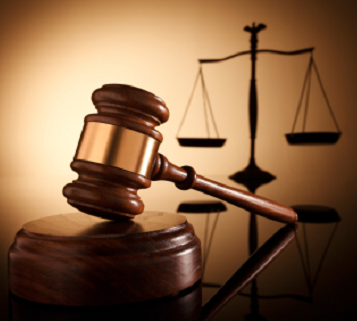
The interplay between the Dubai Courts and the DIFC Courts has created a unique legal landscape in Dubai, one which has contributed to a number of challenging jurisdictional issues and consequently, landmark jurisdictional cases.
For disputing parties, the significant time involved in resolving these jurisdictional matters can be costly and frustrating. Moreover, in some cases both the DIFC Courts and the Dubai Courts may decline to hear a matter on jurisdiction grounds, potentially leaving a party without judicial recourse.
The establishment of a new body in Dubai, the seven-member Judicial Committee of Dubai Courts and DIFC, is likely to offer significant time and cost savings and provide parties with clarity on jurisdictional issues. The Judicial Committee has been established by virtue of Decree 19 of 2016, issued on 9 June 2016 by His Highness Sheikh Mohammed bin Rashid Al Maktoum.
The Head of the Judicial Committee is the Chief Justice of the Court of Cassation in the Dubai Courts. The other six members are made up of the head judges of the Court of First Instance and Court of Appeal in the Dubai Courts, a judge from each of the Court of First Instance and Court of Appeal in the DIFC Courts and the Secretary General of the Dubai Legislative Committee.
The mandate of the Judicial Committee is to resolve questions of conflict of jurisdiction that arise between the Dubai Courts and the DIFC Courts, including suggesting rules and regulations to avoid jurisdictional conflicts arising in the first place.
Where there is a conflict of jurisdiction between the Dubai Courts and the DIFC Courts, a party to the dispute (or the Public Prosecutor) may submit a request to the Judicial Committee to make a ruling as to which Court is the appropriate forum to hear and determine a case.
Additionally, in the event that there are conflicting judgments from the Dubai Courts and the DIFC Courts, a party may also request the Judicial Committee to rule on which judgment is to be enforced.
Whilst a decision is pending from the Judicial Committee, all related cases in both courts are required to be stayed.
From a procedural perspective, the Decree makes no provision for the other party to file a response or whether there will be a hearing to deal with the request. Therefore it is unclear whether a responding party will be afforded an opportunity to be heard in response to the request.
A request has already been made to the new Judicial Committee, and it is expected that at least some of the questions outlined above may soon be answered.
Although there are a number of questions about the practical application of the Decree, this new development will be welcomed by the legal community and by disputing parties, as it will assist with the swifter resolution of jurisdiction issues that arise as a result of Dubai’s unique civil law/common law regime. How often the Judicial Committee will be called on to determine requests for clarity on jurisdictional issues between the two courts will depend on whether decisions of the committee are published and establish a line of reasoning that future disputants are able to rely on.
By Sharon Lakhan and Mohammed Selim